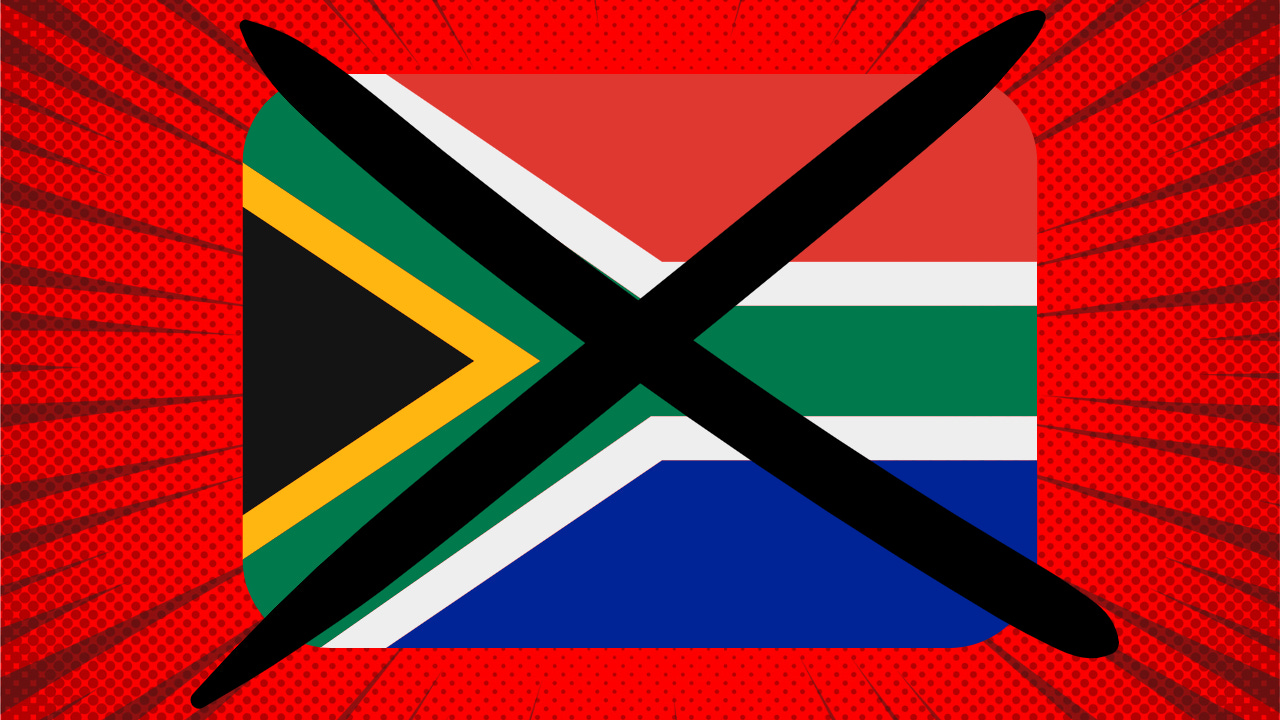The ANC Doesn't Have Power.
Koos Malan is one of the best legal academics in South Africa, far superior to any (alleged) kiddie lovers from the University of Cape Town. Malan's primary focus has been on constitutionalism and how the Constitution of South Africa is a ideological document rather than a legal one.
In Malan's latest piece, he makes prescient points about the extent of the government's power in South Africa.
But, importantly, what makes a state legitimate?
- A dominant state ideology that all key elite groupings _identify_ themselves with or at least resign themselves to.
- Through its security forces, the state must exercise the monopoly on lawful violence so that no non-state formation will be nearly strong enough to confront the state.
- The state must have a countrywide infrastructure which forms the basis for an integrated national economy, which all key economic sectors _buy into_ voluntarily.
The dominant ideology of South Africa since 1994 has been constitutional rainbowism but, it has morphed rather quickly to transformania, the systemic replacement of white South Africans with black South Africans, notably in the levers of power of the state. ANC and EFF rhetoric is replete with sustained attacks on minorities (whether they may be white, Indian or Coloured). The entire Cabinet is black (save for one white) and the policies emanating from the ANC are overtly racially skewed to favour black South Africans. The dominant ideology of South Africa has lead to the collapse of the monopoly on violence.
Nature abhors a vacuum and in most parts of South Africa, the retreat of the state has created mafia enclaves that pick at the bones of the state apparatus. Crime statistics show that crime, in all forms are increasing annually and the police service do not have the manpower, logistics or strategy to curb crime in any meaningful fashion. Famously, even the South African Defence Force has been found wanting, arriving in conflict zones without the proper equipment and nourishment to lead a sustained campaign against the 'peaceful riots' of Kwa-Zulu Natal in 2021. The state's monopoly on violence is nowhere to be seen. Security guards outnumber police officers 5 to 1 and lawlessness is the name of the game.
As for the final pillar of state existence (infrastructure), South Africa has been de-developing for close to 30 years. The achievements of the state since 1994 are a few stadiums for the 2010 World Cup and perhaps the Gautrain. Every essential infrastructure has deteriorated so such an extent, that most of it isn't salvageable. Rails, roads and ports are shadows of their former self while Eskom is no longer seen as an ongoing entity. Eskom has become a load-shedding manager rather than an energy producer. Economic activity is now fragmented, corporations are spending a chunk of their revenue on alternative energy systems. The national economy is largely a fiction.
In conclusion, the state of South Africa has practically no power worth considering. It does not have a coalition of state institutions that grants certainty.
The opposition, the Democratic Alliance, is certainly aware of this. Where they hold control, they are prioritising the generation of energy, alternate crime and safety strategies and procurement policies.
Various civil organisations are counting on the balkanization of the state and have set various multi-decade plans in action to build local order. Afriforum is creating various security units to patrol the border while Solidarity has build an independent university. Sakeliga are building independent chambers of commerce across the country, building networks of decentralized economic activity.
So what does this all mean for the ANC?
All the trends are in favour of their demise. Electorally, the urbanised youth do not vote for them. Their grasp on state power is wavering through their inability to control their rapacious greed. In response, key institutions have proactively negated the state's power to build their own localised power.
The ANC is not something you should be afraid of, their influence is very limited compared to your perception of them.
The balkanization of South Africa started a decade ago and all the trends show that it is merely accelerating.



